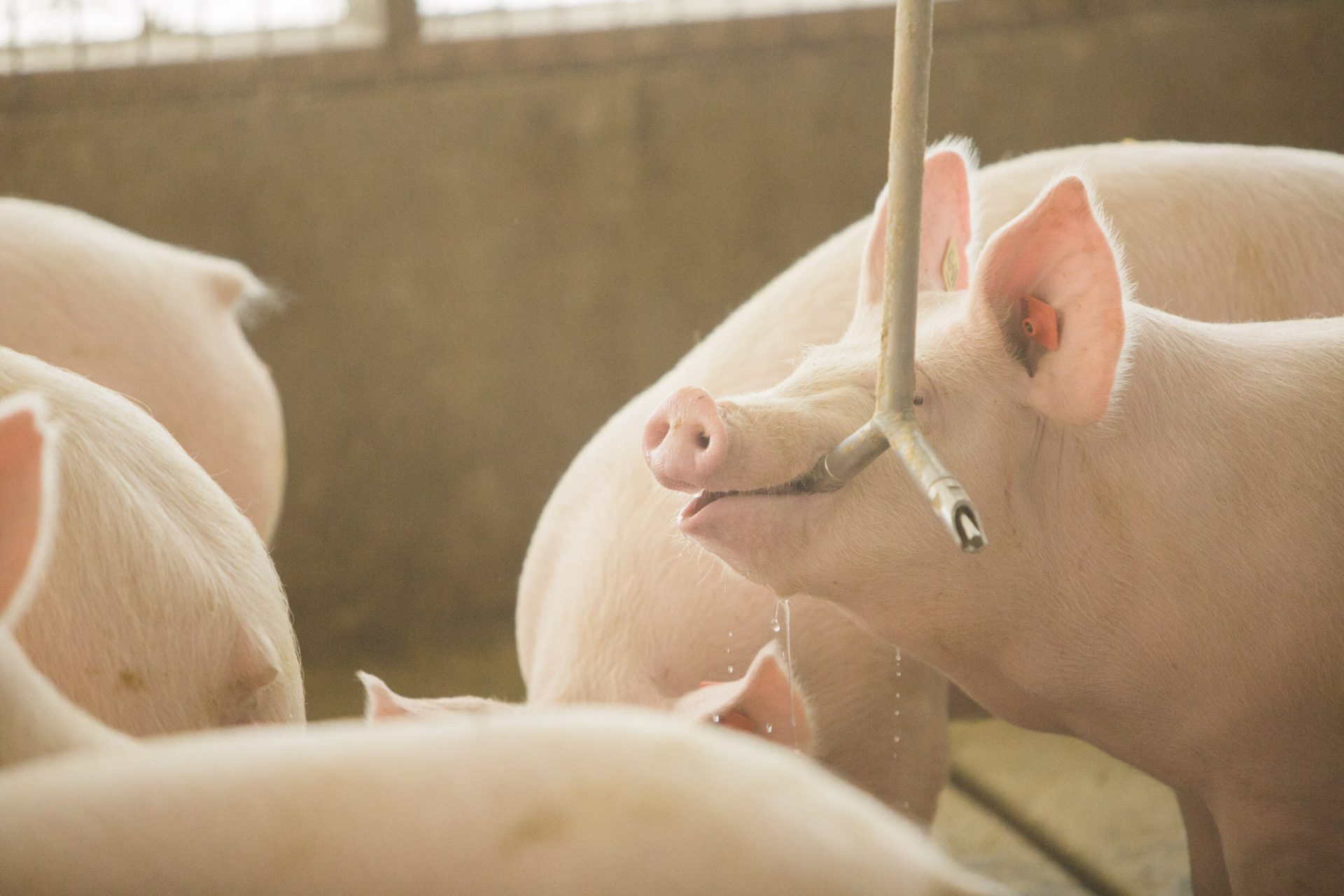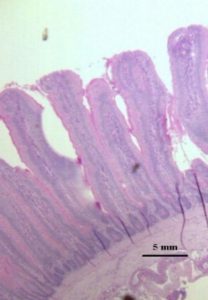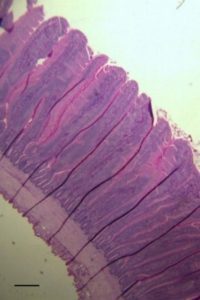
The Cost of Heat Stress in Pigs
By Corey Carpenter
Director of Business Development & Swine Technical Sales, DPI GLOBAL
Heat stress negatively impacts swine production by compromising pig health, growth and welfare and occasionally leads to increased mortality. Since 2004, the estimated cost of seasonal heat stress in US swine production has risen approximately 58% from $299 million to $520 million.
Aside from animal productivity, welfare and economic concerns, heat stress has the potential to threaten the abundance and availability of pork, a high-quality nutrient dense source of protein that tends to fit well into many consumer budgets. Together, these factors represent why heat stress in pigs is a critical issue for the swine industry and consumers today.
Heat Stress Threatens Swine Health and Productivity
Heat stress occurs in animals when the ambient temperatures rises beyond their thermoneutral zone, and they can no longer cool themselves to prevent increased body temperature. In pigs, this challenge is especially significant due to their limited number of sweat glands and thick layer of subcutaneous fat, both of which make it harder for them to regulate internal temperature. As a result, pigs are uniquely sensitive to heat stress compared to other livestock species.
Several key factors contribute to heat stress in swine, including:
- High ambient temperatures
- Humidity
- Cooling strategies
- Water availability
During heat stress, blood flow is redirected and prioritized away from the gut and to the periphery to help animals cool themselves. As a result, animals experience what is called “leaky gut” which is a weakening of the gut barrier that allows bacterial endotoxins like lipopolysaccharide to passthrough the gut barrier into circulation. Until recently, the redirection of blood flow from the gut to the periphery was considered the main event leading to gut barrier disruption in heat stressed animals. However, newer studies suggest “gut dysbiosis” (imbalance in gut microbial community) also occurs during heat stress and adds to the costly nature of the issue in pigs.
A proper balance in the microbial community of the gut is important due to the protective roles of commensal bacteria to the gut barrier. An imbalance in the microbial community during heat stress further promotes the negative impacts of leaky gut and has a compounding effect on the ability of bacterial endotoxins to pass through the gut barrier, which damages intestinal villi, weakens immune function and reduces nutrient utilization.
Micro-Aid®: Support Pig Performance When Temperatures Rise
Poor utilization of nutrients during heat stress leaves the pig exposed to a potentially greater level of harm from gut dysbiosis. Optimal heat stress mitigation means thinking critically and beyond the basics to ensure pigs have what they need to be comfortable and productive during high temperatures and humidity.
|
Figure 1. Impact of Micro-Aid® on Villi Structure and Health |
||
|
Control |
Micro-Aid |
Decades of research and scientific rigor show that Micro-Aid® by DPI GLOBAL. These benefits are achieved because Micro-Aid improves gut absorptive tissue integrity and capacity (Figure 1). As a result, faster pig growth and greater feed efficiency is achieved in growing pigs. Therefore, producers capitalize on sending more pigs on fewer days to market because of the increased growth and greater feed efficiency. Together, these benefits ensure producers get the most value out of greater throughput as a production system. |
Micro-Aid®: A Trusted DPI Solution
Micro-Aid has been fed to pigs for 50+ years as a trusted industry leading all-natural phytogenic feed additive technology. Micro-Aid is carefully crafted to produce the measurable performance and economic benefits in pigs that producers desire to realize in their production systems.
While the ingredients in your feed can have profound impacts on the outcomes, many other factors contribute to successfully raising pigs through times of seasonal heat stress. Encourage your producers and farm workers to act on the importance of plentiful water availability and to keep ventilation systems running in tip-top shape to help them meet the basic environmental needs of heat stressed pigs.
At DPI GLOBAL, we improve animal health, support the well-being of animals and people, and promote long-term sustainability through partnerships with our customers focused on getting the most of science-backed phytogenic feed technologies. With decades of experience and proven results, we help producers confidently manage challenges and drive success across production systems.
To learn more about how DPI GLOBAL supports producer success with trusted, high-quality feed technologies, contact our experts or visit www.dpiglobal.com.
Meet the Author: Corey Carpenter
Director of Business Development & Swine Technical Sales, DPI GLOBAL
Corey is the Director of Business Development and Swine Technical Sales at DPI GLOBAL, where he leads and directs the swine business and development of new business opportunities that grow the impact of DPI’s products and solutions in many species across the globe. Through a trust centered and results driven approach, Corey helps guide customers to effective, profitable nutrition solutions that help them achieve their long-term business goals.
When Corey is not working with livestock producers he enjoys CrossFit, spending time with family around their farm, and cooking.



